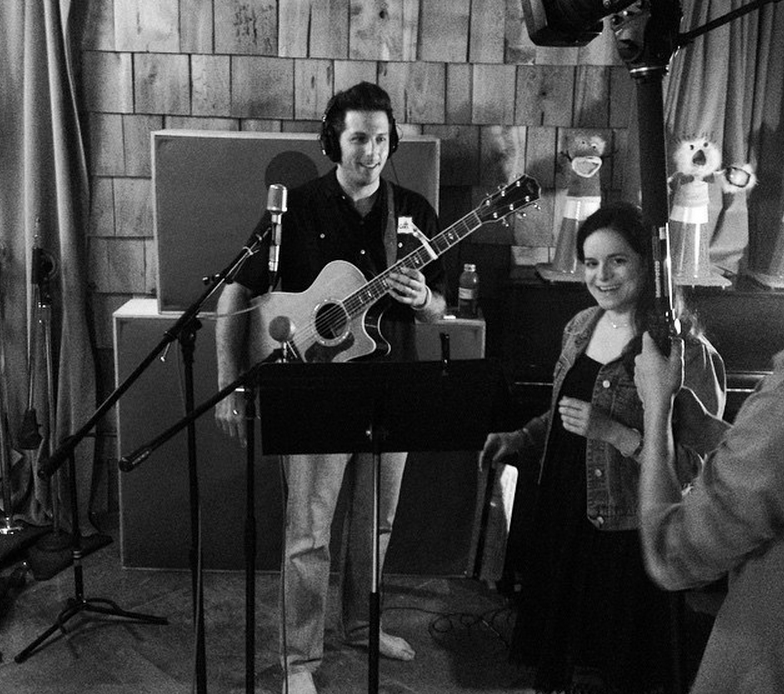
Do you over analyze your life, looking to extract nuance and meaning where there is none?
You’re not alone. Many of us are constantly on the lookout for these aha moments, as if they’re going to solve all of our problems.
That’s the tendency of thinkers who love to ruminate, dream and reflect. We are epiphany junkies. We demand that everything be a grand revelation. We want reassurance that each second of our lives will be imbued with deeper meaning.
But in reality, most of life is quiet, imperceptible little spurts of growth that build on each other.
And as much as we want to go back and infuse every choice we make with some kind of heavy consciousness, most of the time, there are no fireworks and banners and trombones. This event is not the best or worst thing that ever happened to us, it’s just another part of our journey.
That’s why the movies where nothing really happens feel so realistic. The filmmakers don’t over rely on traditional narrative tools like plot and climax and resolution.
The movie is just themes and characters and moods and events. We might not even remember individual scenes, but the feeling the movie gives is simply so strong that it sticks with us.
A common term to describe this style of film is slice of life, or naturalism, where the depiction of the mundane experiences becomes the art itself. Critics and audiences alike often give these movies low ratings, bemoaning their lack of dramatic closure.
Because they forget that life is not like a movie. The world isn’t interested in our addiction to narrative, nor does it care how deeply we demand that each of our moments be award winning.
Turns out, going with the flow is a much more prevalent force than being divinely inspired.
Both are possible, but most things are more likely to feel like oh, rather than aha.
LET ME ASK YA THIS…
When the world ruins your perfect little narrative of fulfillment with the truth, how do you react?
